Take action to protect ecosystems!
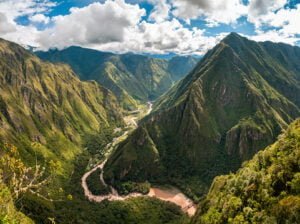
Environmental NGO internships are a growing initiative that invites you to get involved, offering hands-on experience in tackling real-world environmental issues. RealStep offers the opportunity to travel abroad and engage in activities like conservation, research, education, and advocacy, all aimed at protecting the environment and promoting sustainability. Choosing from the various organizations allows you to support their unique missions and contribute to positive environmental change. Don't miss your chance to make a difference!
Our environmental internships in NGOs , allow you to contribute to the conservation of local biodiversity, on projects offering international experience in NGOs.
In practical terms, the environment is a part of sustainable development: a way of organising society in such a way as to allow it to live in the long term. This involves working on present and future imperatives, such as the conservation of the environment and natural resources or economic and social equity.
Sustainable development takes into account three dimensions: economic, environmental and social. The raison d'être of sustainable development is to be at the crossroads of these 3 pillars.
As you will have understood, sustainable development therefore is concerned with the environment, but not only this: it focuses on people and the protection of animal life as well.
An ecosystem brings together the flora and fauna of a region. All of our environmental internships abroad aim to contribute to the conservation of these ecosystems, in different ways.
In real terms, the actions carried out are:
Raising local awareness makes it possible to have a lasting impact on the region, by encouraging communities to take environmental strategies into account in their daily lives. All of the data collected during the environmental internship is also used by local and sometimes national authorities to implement the best conservation strategies.
Taking part in an environmental internship with RealStep is much more than just a professional commitment; it's a real immersion in an enriching international experience. By getting involved in global environmental initiatives, you will have the opportunity to explore new horizons, discover diverse cultures and work in a wide variety of contexts. Each destination offers unique challenges and learning opportunities. You'll live and work alongside professionals and volunteers from around the world, forging bonds and memories that will last a lifetime, while making a significant contribution to a cause close to your heart.
Gain practical skills in the environmental field through hands-on experience. By working on conservation and preservation projects, you will be immersed in real-life situations that require the application of advanced environmental techniques. You will learn to use data collection tools, install and monitor wildlife monitoring equipment, carry out environmental impact studies and implement strategies for restoring natural habitats.
This practical experience will enable you to develop specific expertise in key areas such as ecosystem management, biodiversity and sustainability. This environmental field placement not only prepares you for a career in the environmental sector, but also enriches your understanding of global ecological issues and the importance of conservation.
Finally, make contacts with environmental professionals from all over the world, opening doors to your future career. In fact, it's the perfect opportunity to meet people from diverse and varied backgrounds with inspiring career paths that can also lead to professional and personal projects.
Environmental internships with RealStep are offered in diverse and exciting locations around the world, providing unique opportunities to make a positive impact. In Thailand, Japan, Costa Rica, Portugal, Ireland, Tenerife, South Africa, Fiji, the Seychelles, and Mexico, interns can engage in various conservation efforts.
For example, Costa Rica offers sea turtle protection programs during the nesting season and in Fiji interns can participate in diving and data collection projects, earning university credits while exploring coral reefs. Internships are available across Europe, Asia, Africa, North America, and several islands, offering a wide range of experiences and environments to suit different interests and goals.
Find environmental internships abroad in America, Oceania, Africa, Europe and Asia. While having a positive impact on ecosystems, enjoy an international experience working for an NGO. It's a chance to discover a new culture, interact with locals, the team on site and other participants, and broaden your vision of the world.
International experience is increasingly recognised in the workplace as a guarantee of mobility, autonomy and adaptability. Demonstrate your commitment to the environment with a work placement abroad!
Filters



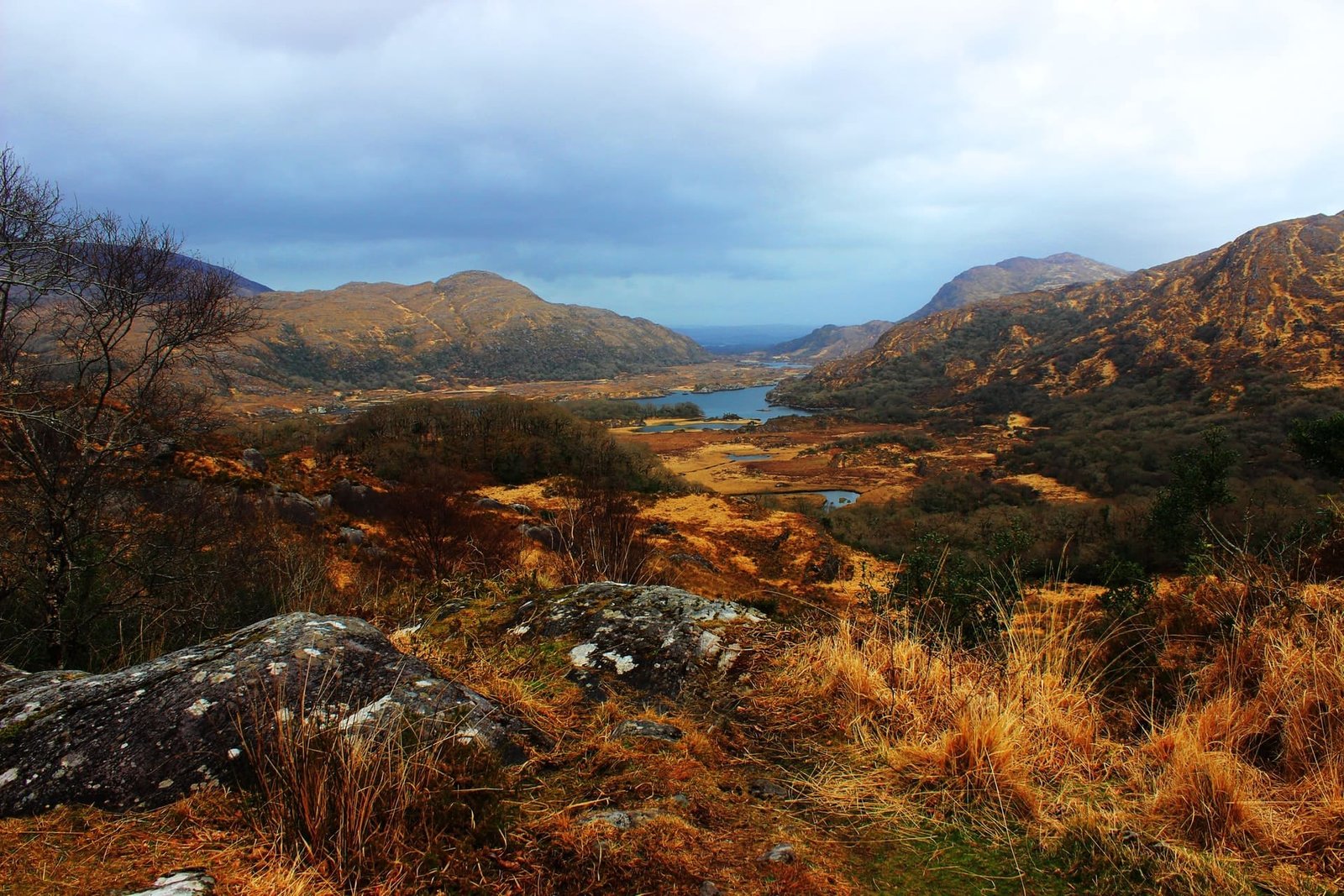
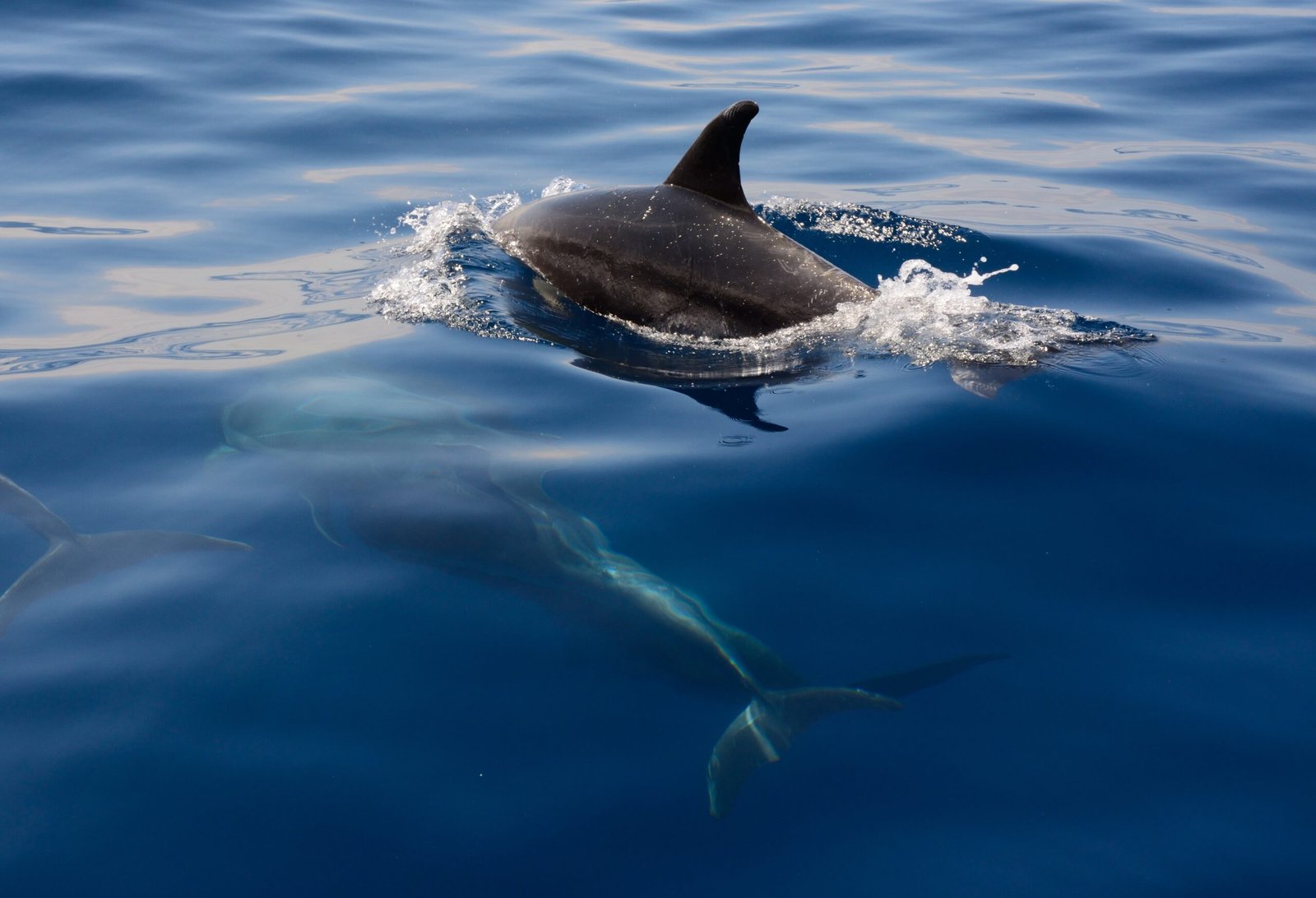
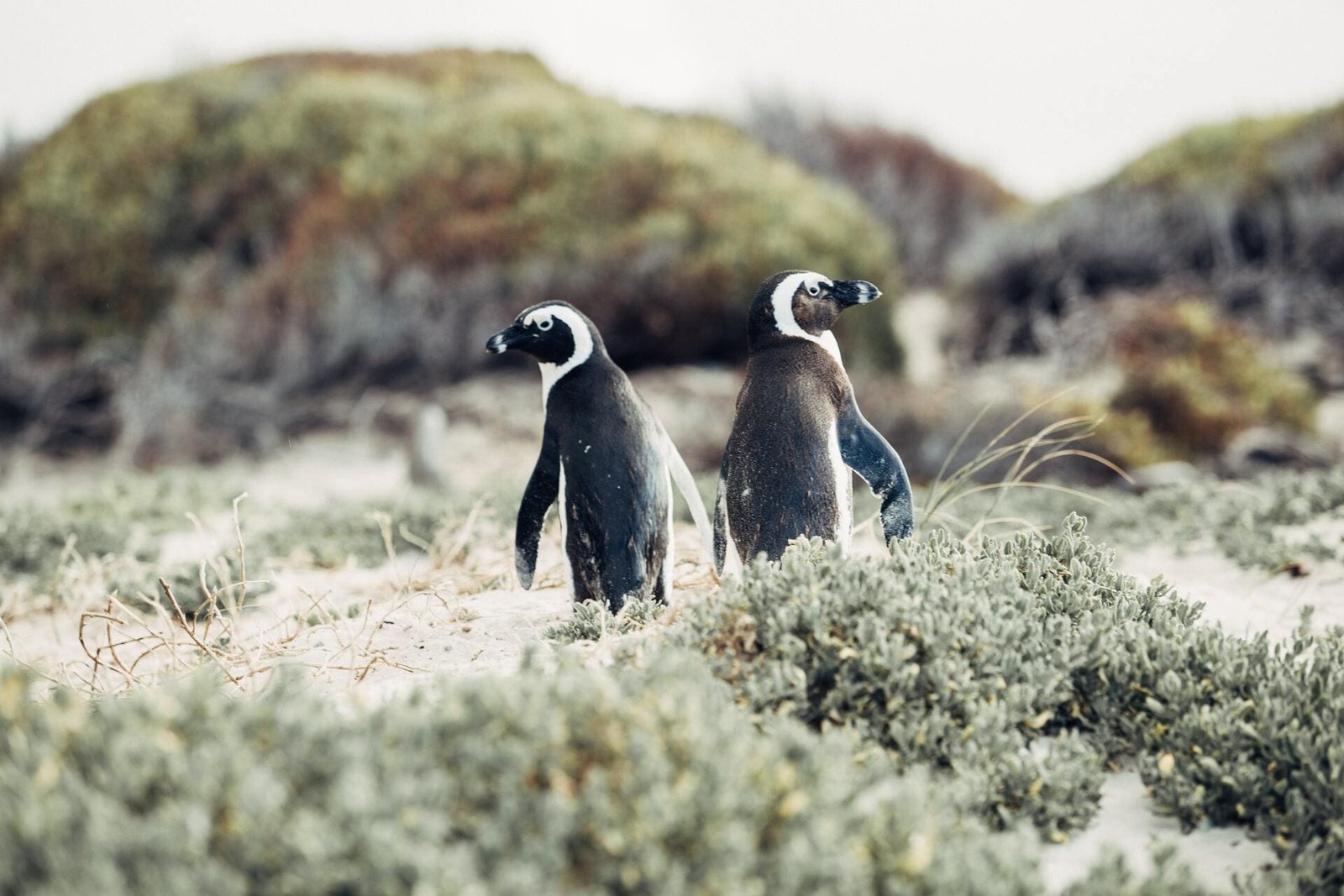
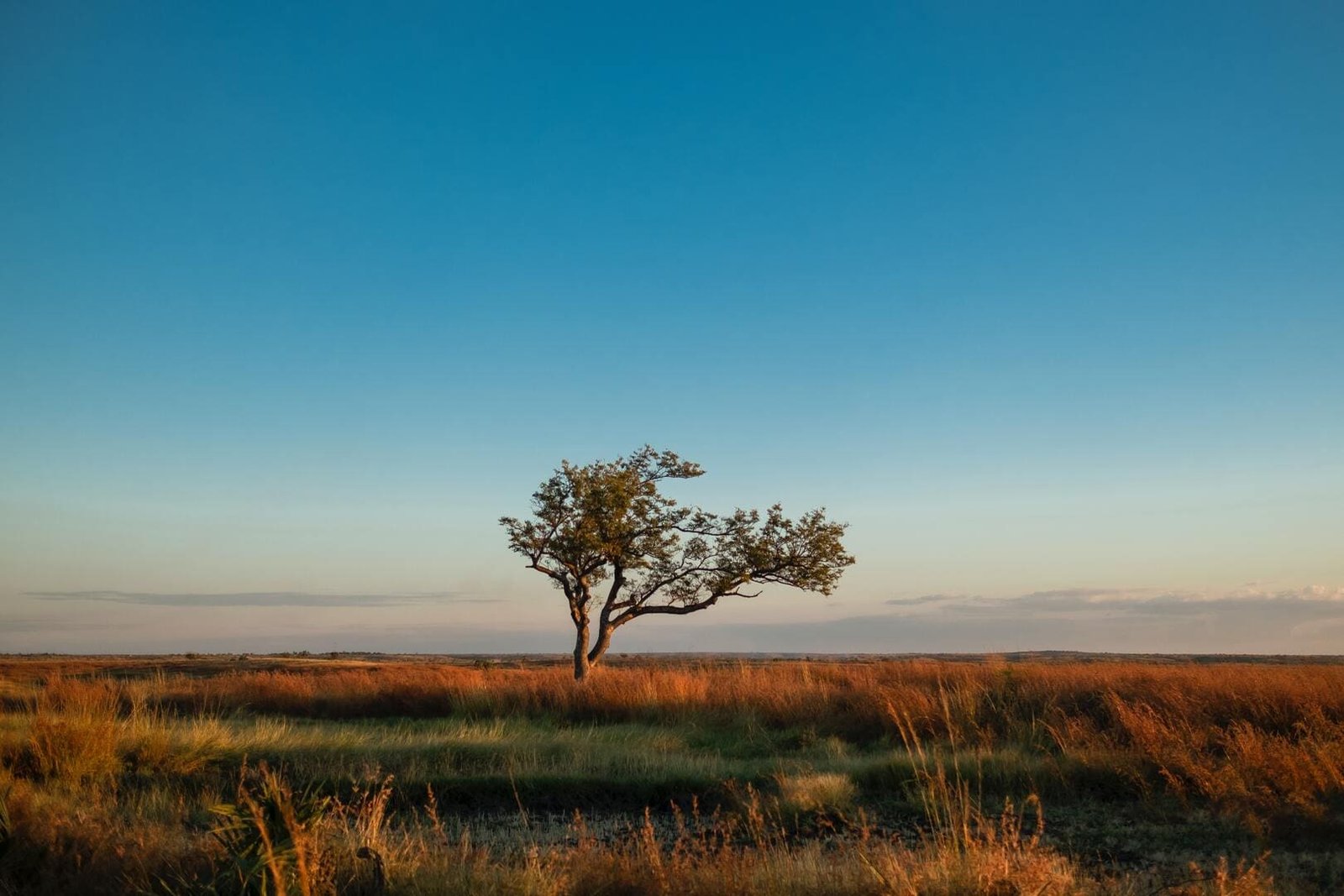
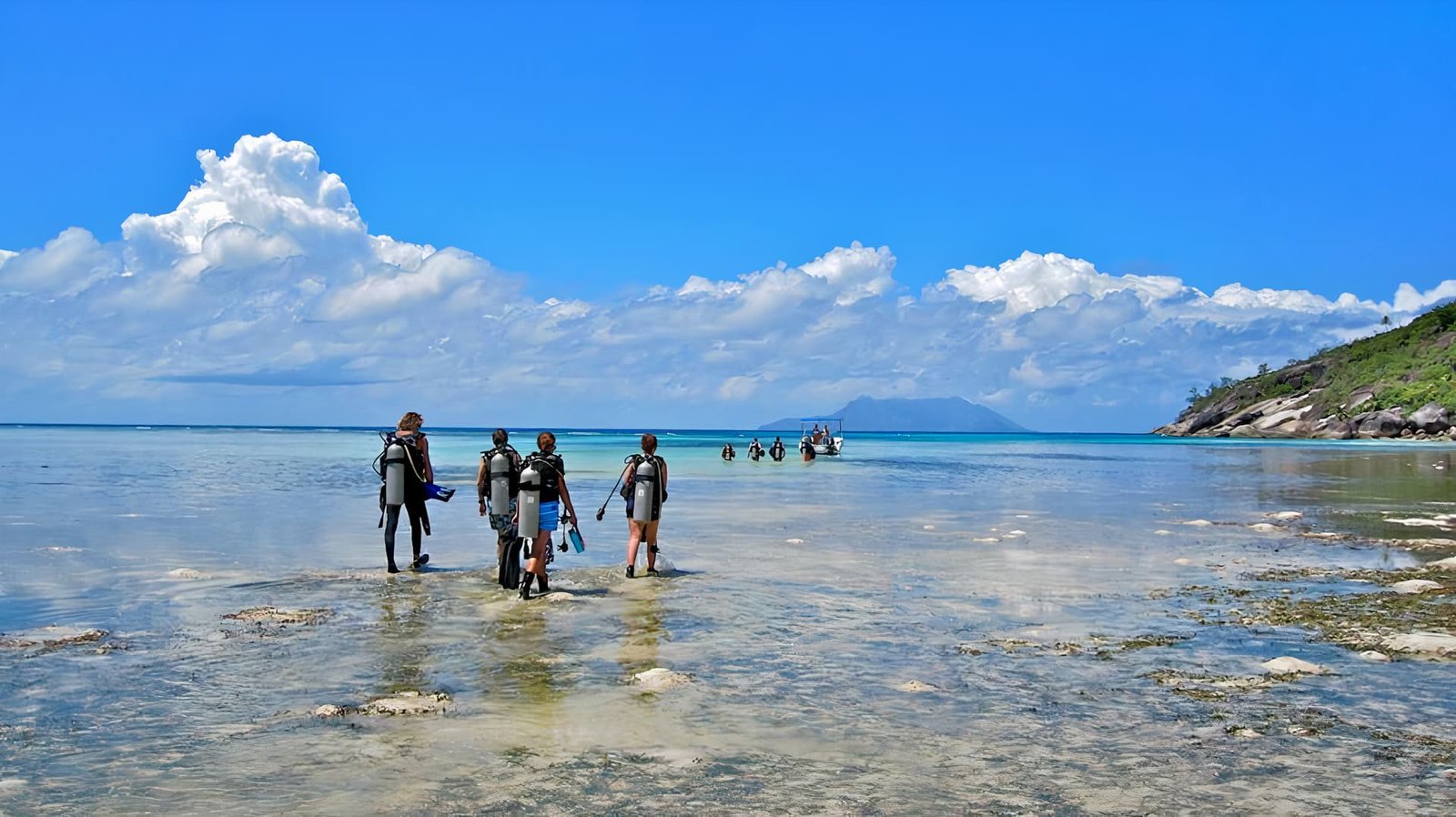
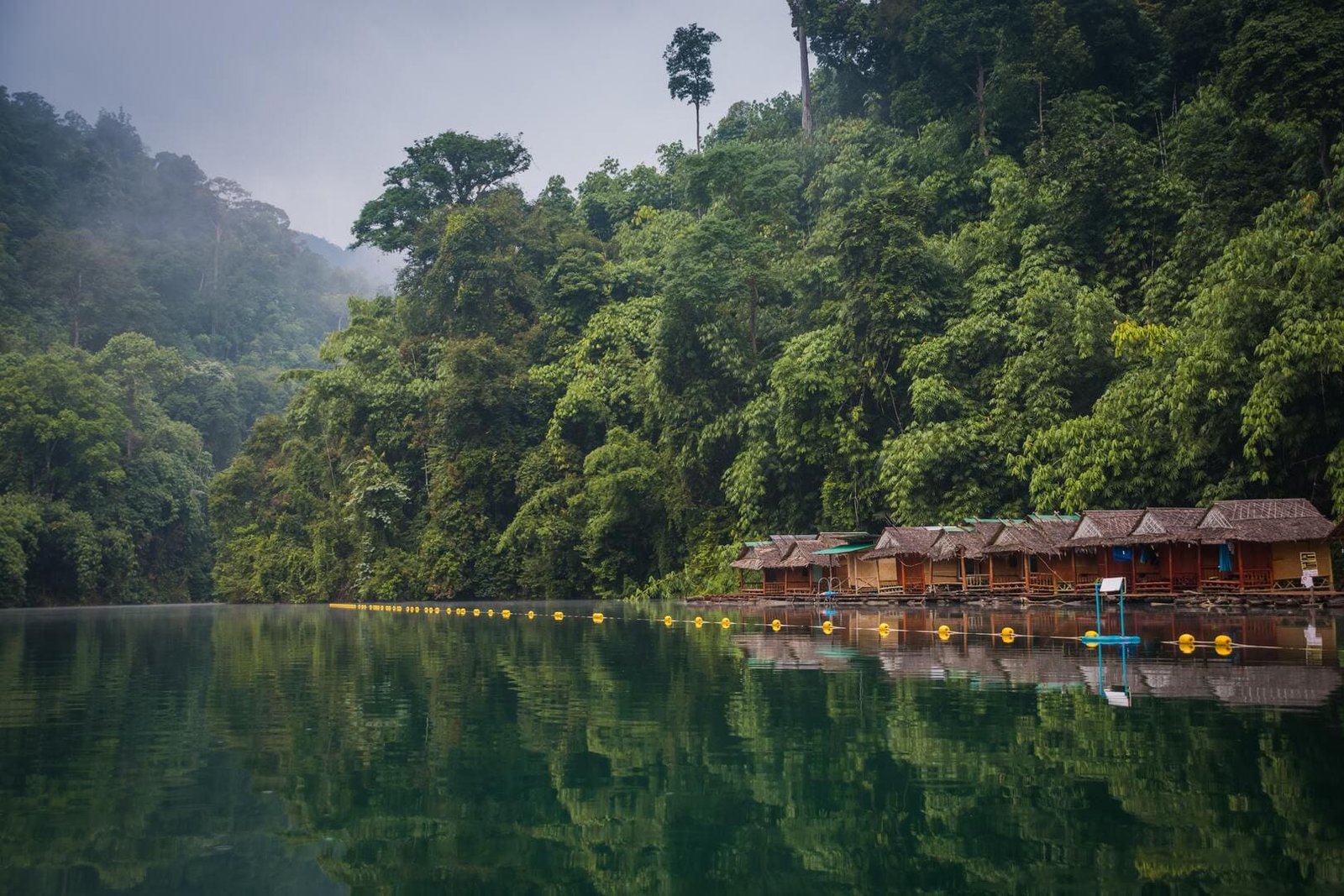
We'll answer all your questions!
Opening hours: Monday to Friday, 9 a.m. to 6 p.m.
Contact us


Latest news, new programmes, travel ideas… one news item a month guaranteed spam-free!
Our social media

Contact us
Our social media
Latest news, new programmes, travel ideas… one news item a month guaranteed spam-free!